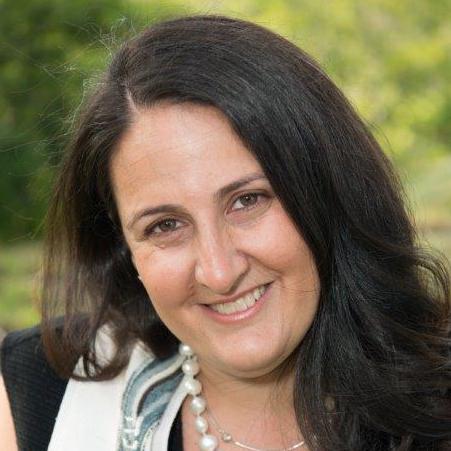Question: I’m Jewish but my brother is not and he is getting married on a Saturday. Would it be OK for me to attend his wedding on Shabbat?
— Julie L.
Dear Julie,
Weddings and family tensions go together like a horse and carriage. Isn’t that how the song goes?
Not to make light of a serious question, but I think it’s important to note that family obligations are central to this question. What relationships will be better or worse off if you choose not to go to the wedding? What is your relationship with your brother and what do you want it to be? Questions like these place this challenge in the realm of what our tradition calls shalom bayit — peace in the house.

Help us keep Jewish knowledge accessible to millions of people around the world.
Your donation to My Jewish Learning fuels endless journeys of Jewish discovery. With your help, My Jewish Learning can continue to provide nonstop opportunities for learning, connection and growth.
But at the heart of most (all?) Jewish dilemmas are the clash of two or more sacred values — in this case, the imperative of shalom bayit and the expectations of Shabbat. That’s the other set of questions that come into play here. What is your relationship with Shabbat? What are the usual practices and choices you make around Shabbat? And maybe — for whom do you feel obligated to keep Shabbat? If you do not have a meaningful or defined Shabbat practice, I would think that your brother’s wedding should pose no issue. But if you do, then you have a clash.
Perhaps not surprisingly, there is a significant body of Jewish text dedicated to the question of what we do when faced with two mitzvot that conflict. Which takes precedence? The sense throughout Jewish tradition is that there is a hierarchy among mitzvot, an organizational framework that can help us make the best choice when it’s not obvious. And while there are exceptions to every rule, the tradition tends to err on the side of interpersonal mitzvot.
While I think I know what my personal answer would be, I cannot answer for you here. What I can offer is a system in which to think about the choice you want to make. So first, as the rabbis might ask as well: Is there a way to compromise? Is there a way to uphold Shabbat and celebrate with your brother at his wedding? That would be the easy answer, so I hope it works for you.
But if it doesn’t, I will leave you with this teaching:
It is generally known that the rules of Shabbat may be broken for saving a life, pikuach nefesh. There’s more to this. The rabbis who edited the Babylonian Talmud’s Tractate Shabbat wanted to emphasize their understanding that when these two values conflict — following the rules of Shabbat and helping someone in need (whether or not it saves a life) — we should help the person. We should do it freely. The Tractate started out with strict care and ended up with lovingkindness, with chesed, and with joy.
Mazal tov on your brother’s wedding, whatever you decide.

Rabbi Sari Laufer is the chief engagement officer at Stephen Wise Temple in Los Angeles.




